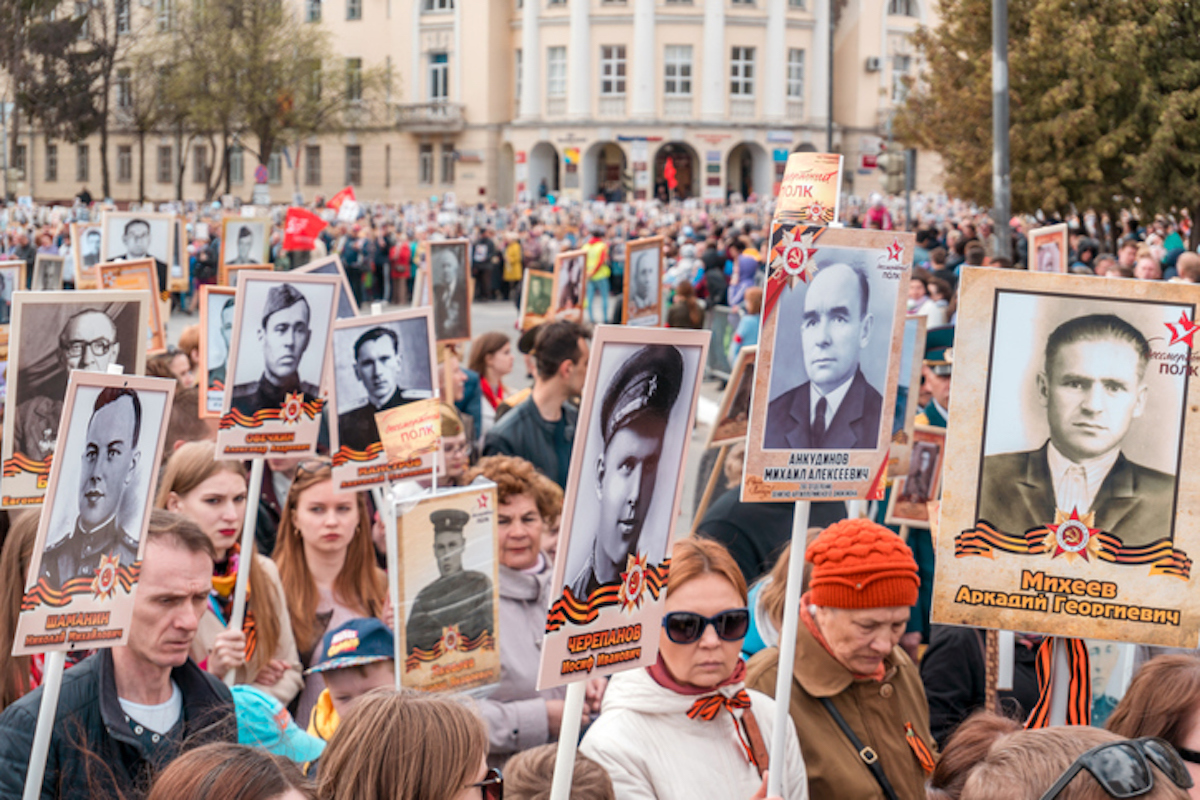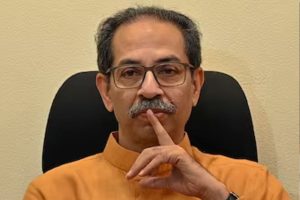As Victory Day was observed in Moscow last week commemorating the former USSR’s sacrifices in the defeat of Nazi Germany in World War II, it was also a reminder of what came after The Cold War. In this respect, veteran Russia-watcher and author Angela Stent writing in the journal Foreign Policy makes the point that unlike during the Cold War wherein, willy-nilly, most countries including those in the non-aligned movement leant either towards the USA or the USSR in lesser or greater measure, the new Cold War is shaping to be a “West versus the Rest” affair.
She iterates that for all the miscalculations by the Kremlin in its invasion of Ukraine ~ President Vladimir Putin’s overestimation of his military’s competence, his underestimation of Ukraine’s determined resistance, and his faulty assessment that the West would be divided in its response to Russian aggression, and his incorrect assumption that America’s allies in Europe and Asia would not join the comprehensive financial, trade, and energy sanctions against Russia at the cost of their own economic interest – Moscow did get one thing right. That the non-Western world would not condemn Russia or impose sanctions.
Advertisement
As Stent writes: “On the day the war broke out, US President Joe Biden said the West would make sure that President Putin became a ‘pariah on the international stage’~ but for much of the world, Mr Putin is not a pariah.”
That, indeed, is the key to understanding how it is that a war is being waged in the heart of Europe in the 21st century complete with increasing civilian casualties, a full-blown refugee crisis, and the bombardment of cities that were tourism hotspots till a few months ago using hypersonic missiles while life carries on normally on the rest of the continent and in the wider world.
The ‘television war’ theory is part of it, of course, wherein the brutality of the conflict on the ground does tend to get sanitised even when that is not the intent of the broadcasters. But it is the underlying strategic matrix which has resulted in this surreal situation.
Moscow’s outreach to the non-Western world over the past decade, which intensified after its annexation of the Crimea in 2014 even as Washing- ton was busy patting itself on the back for sur- rounding, containing, and allegedly neutering Russia, has meant that apart from staunch ally China and, to a lesser extent India, many smaller countries across Asia, South America, and Africa have resolutely stood by the Russians. Many of these nations, it should be underlined, had deep ties with the Soviet Union so Moscow did not have to start from scratch in rebuilding these relationships. The results are there for all to see and for the West to note.











